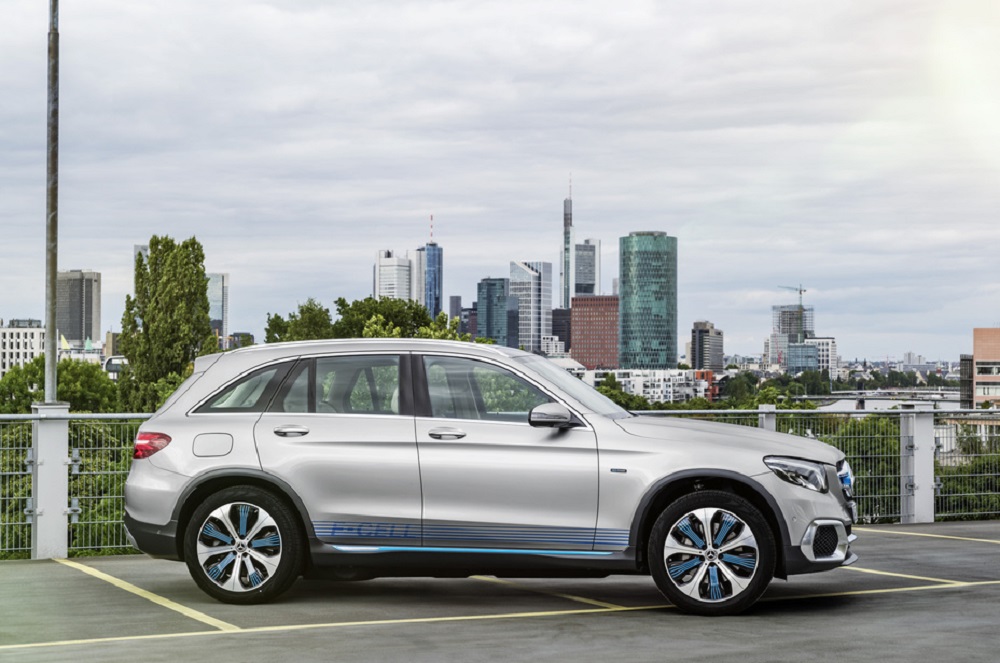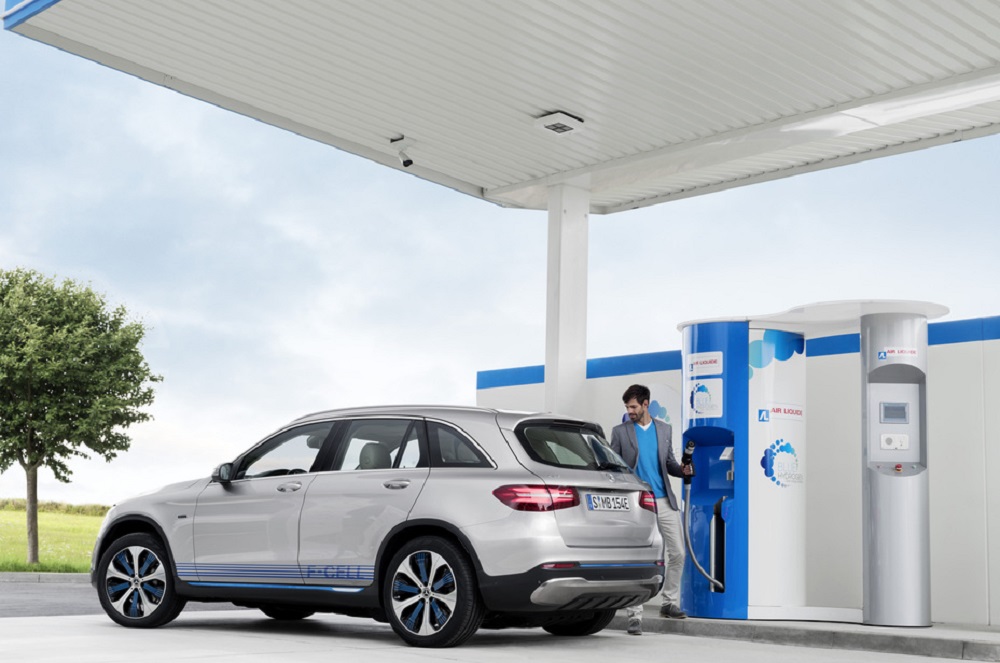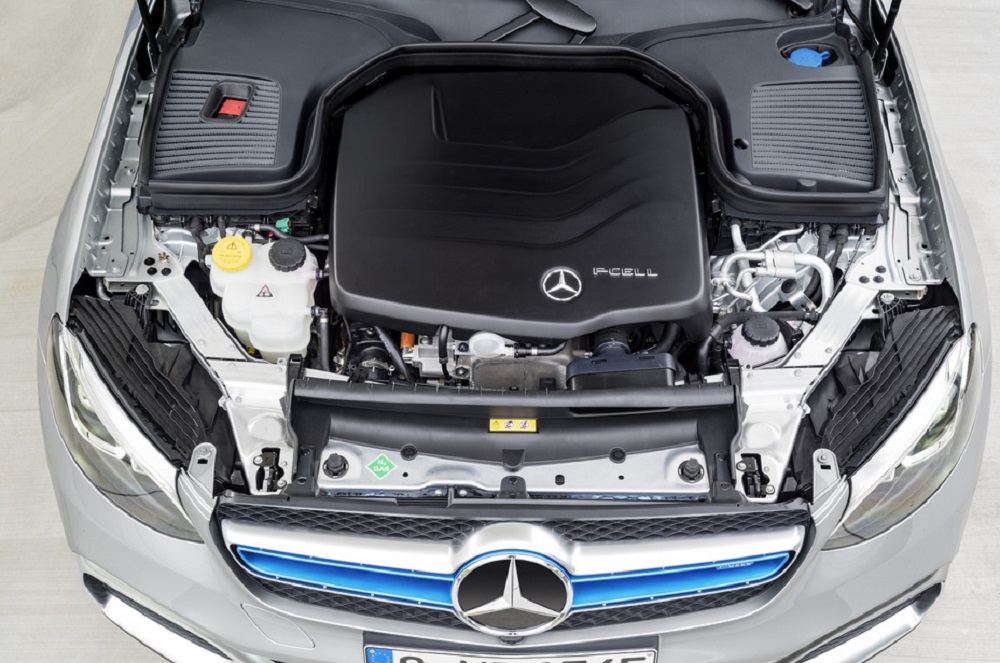Mercedes GLC F-Cell Pegged as Hydrogen Tech Breakthrough
Exciting fuel cell technology hits the roads this month in the promising GLC F-Cell. But will it ultimately prove viable?
While most automakers pursue hybrid electric and all-electric power, few have bothered chasing fuel cell technology. Mainly because even though it presents a number of excellent benefits, the hydrogen needed to power such drivetrains has thus far proven difficult to access. Regardless, Mercedes-Benz has been hard at work on the new GLC F-Cell, which debuted at last year’s Frankfurt Auto Show. And now, it’s on the cusp of breaking through the barriers holding this promising technology back.
One year after those pre-production models debuted, the production version of the Mercedes GLC F-Cell is on its way to a number of fleet customers. MB is leasing the vehicles at a cost of 799 Euros, or $917 a month. Deliveries are set to begin in Germany at the end of October. And the whole thing will quite literally serve as a test for the exciting new GLC F-Cell. One that’ll help the automaker refine their new technology to make it more viable in the real world.
“Regarding costs and standardization, we haven’t reached the goal yet, but we’re heading in the right direction,” Juergen Schenk, head of Mercedes-Benz electric-drive system integration, told reporters in Stuttgart this week. “Fuel cells will see a breakthrough – whether that’s going to be in cars, vans or buses remains to be seen.”
The GLC F-Cell uses a fuel cell and a battery charged through a regular wall socket. Fuel cells convert chemical energy into electricity using a reaction between hydrogen and oxygen. Afterward, they emit only water vapors. The GLC F-Cell has a range of 297 miles, and takes only three minutes to refuel. It’s a very promising technology, albeit one plagued with a big problem.
Finding a hydrogen refueling station is rather difficult at the moment. But a joint venture dubbed H2 Mobility is working to change that. The company plans to have around 100 stations operational in Germany by the end of the year. And they hope to quadruple that figure by 2023.
The benefits of hydrogen/electric power are quite obvious. And despite the challenges facing its assimilation into the automotive world, Mercedes is willing to put in the work necessary to make it happen. That mission, it seems, begins with the GLC F-Cell.




